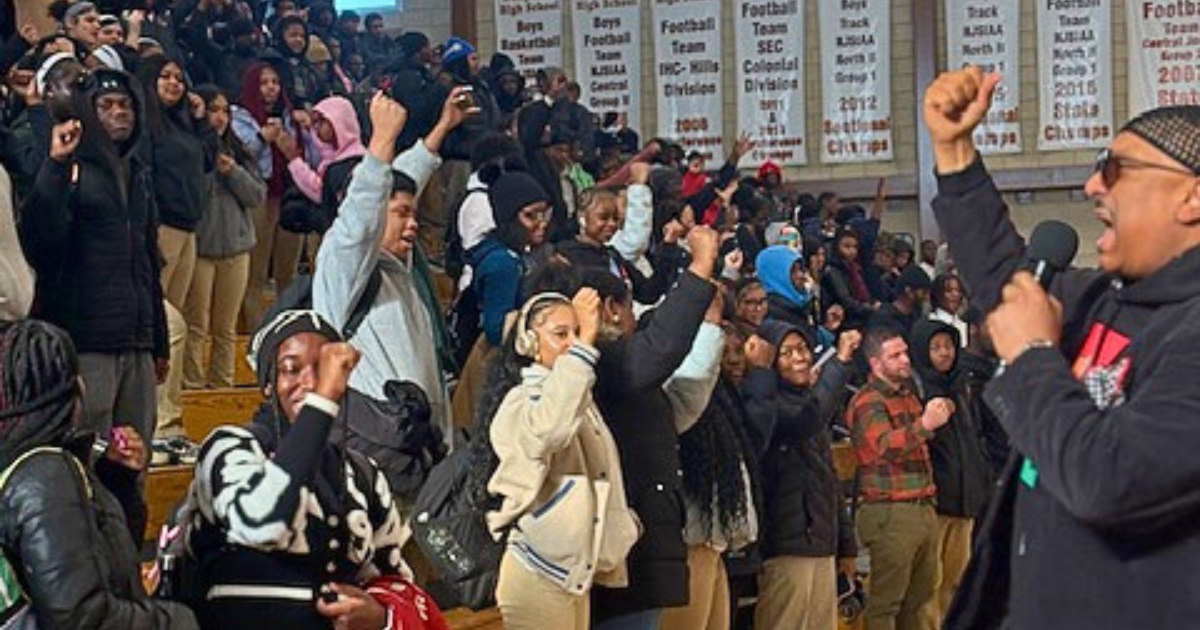
On September 10, 2025, during a speaking event at a Utah college, conservative commentator and co-founder of Turning Point USA, Charlie Kirk, was fatally shot. Following this tragic event, social media platforms erupted with claims that Kirk had advocated for stoning gay people to death. These assertions gained traction after renowned author Stephen King posted on X (formerly Twitter), stating that Kirk “advocated stoning gays,” a remark that was later deleted.
The controversy originated from a response Kirk made to YouTube personality Ms. Rachel. She had quoted the Bible in support of Pride Month, and Kirk countered with a passage from the book of Leviticus. He referenced a specific verse, stating, “thou shall lay with another man shall be stoned to death,” while questioning her selective interpretation of scripture. Kirk pointed out that she quoted Leviticus 19, which instructs individuals to “love your neighbor as yourself,” but failed to mention the harsher command from the preceding chapter.
The context of Kirk’s comments is crucial to understanding the situation. Critics have pointed out that the clip circulating on social media does not capture the full scope of his argument. Kirk did not explicitly call for violence against LGBTQ+ individuals; rather, he was highlighting what he perceived as a selective reading of biblical texts by others.
As the discussion unfolded online, many readers sought clarification regarding Kirk’s views on LGBTQ+ issues. Questions arose, such as whether he believed gay people should face stoning as a consequence for their sexuality, a claim that lacks substantiation. After reviewing multiple clips and discussions featuring Kirk, it appears he did not advocate for such actions but instead used the biblical references to critique others.
The incident has sparked a broader conversation about the interpretation of religious texts and their implications in modern society. Many have expressed concerns over the potential for misinterpretation of statements made by public figures, especially in the charged atmosphere surrounding LGBTQ+ rights and religious beliefs.
Kirk’s comments, and the subsequent reactions, underscore the ongoing tensions in discussions about faith, sexuality, and societal norms. As debates continue, the importance of understanding context remains paramount in addressing sensitive topics that affect many communities.






